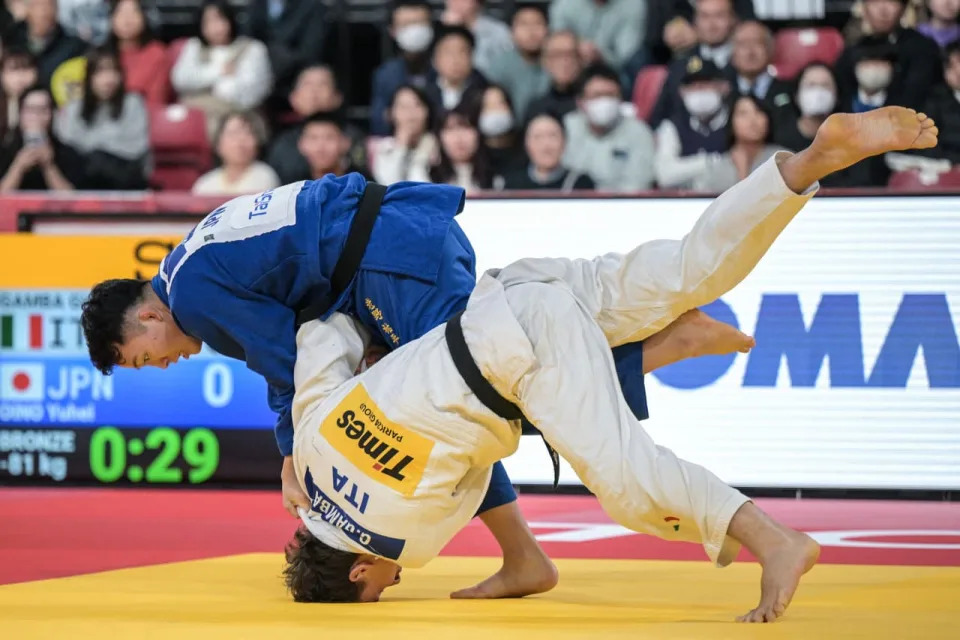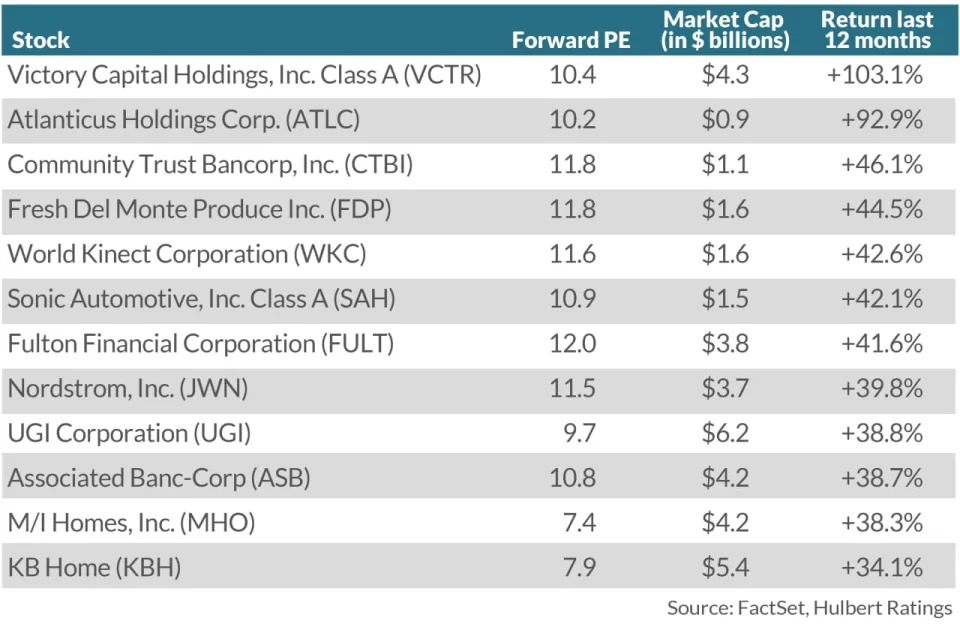12 cheap stocks to consider as small-caps start looking like market leaders

Though small-cap stocks as an asset class have long lost their academic seal of approval, they may nevertheless be good bets for the next several years.
This so-called small-cap effect — where the average small-cap stock outperform the market — comes from a doctoral dissertation by Rolf Banz at the University of Chicago in the late 1970s . Looking at stock performance between 1936 and 1975, Banz found that “the common stock of small firms had, on average, higher risk-adjusted returns than the common stock of large firms.”
This pattern that Banz documented has not held up out of sample, however. Over the four decades since Banz’s research was published, small-cap stocks have significantly lagged the market, on average. Moreover, according to recent research , the small-cap effect did not exist over the decades prior to the sample on which Banz focused — as far back as 1866, in fact.
Many financial professionals have concluded from this and other research that there’s no reason to favor smaller stocks over larger ones. A particular small-cap stock might be attractive, but not the asset class itself.
Yet that conclusion is premature, according to Guido Baltussen of Erasmus University in the Netherlands. Baltussen is a co-author of a recent study which found that the size effect has not existed over the entire period back to 1866. In an email, Baltussen said that, despite the small-cap effect’s insignificance going back to 1866, the past 158 years have contained lengthy periods in which smaller stocks did outperform larger ones.
Furthermore, these periods of outperformance are “to some extent predictable.” One of these periods seems to be starting now. A recent study from Northern Trust Asset Management, co-authored by Baltussen, portfolio manager Abhishek Gupta, and researcher Daniel Fang, identifies three parallels between current market conditions and those that in the past have been followed by small-cap outperformance for between “3 to 10 years.”
These three factors are:
If you want to bet on the small-cap effect playing out in coming years, the authors of this Northern Trust study emphasize that you should favor those small cap stocks that also score highly in other areas the researchers found to be valuable when picking stocks — including low valuation and strong momentum.
With that in mind, the table below contains small-cap stocks that are recommended by at least one of the investment newsletters my performance auditing firm tracks, and which sport low forward P/E ratios and strong trailing-year share performance.
To construct the table, I took the several hundred small-cap stocks that currently are recommended by any of the monitored investment newsletters and narrowed the candidates to include only those that are among the 30% with the smallest market caps, the 30% with the lowest forward P/E ratios, and the 30% with the best trailing-year returns. The two largest of these small-caps are UGI Corp. UGI and KB Home KBH. The smallest stock on the list is Atlanticus Holdings Corp. ATLC. The stocks are listed in descending order of trailing-year returns.

Mark Hulbert is a regular contributor to MarketWatch. His Hulbert Ratings tracks investment newsletters that pay a flat fee to be audited. He can be reached at
More: You have a 72% chance of making money in stocks in 2025

